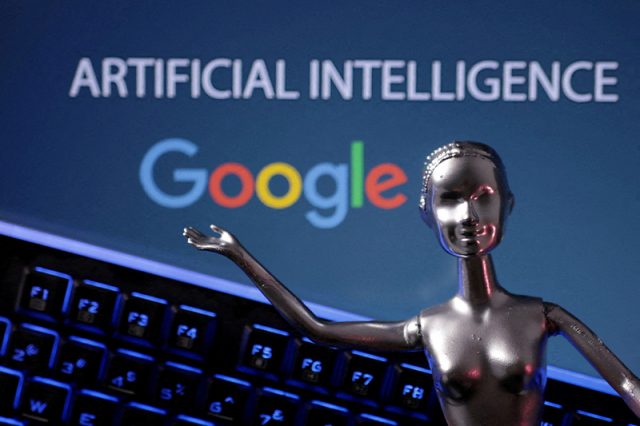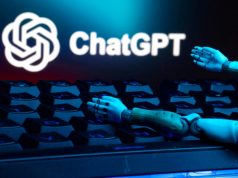
Alphabet Inc’s Google GOOGL.O on Wednesday demonstrated an updated core search product that embeds more AI in its answers as the company looks to banish doubts that it is losing ground to Microsoft Corp’s MSFT.O OpenAI-powered Bing search.
Google already has a Bard chatbot that competes with ChatGPT, the chatbot from OpenAI that has generated huge excitement among users with its humanlike responses.
RELATED: Bard vs ChatGPT: What do we know about Google’s AI chatbot?
So when do you Google and when do you Bard?
The company says that traditional Google search should still be used for finding and seeking information, such as locating something to purchase.
Bard is a chatbot with a persona that can hold humanlike conversations, and is intended to be used for creative collaboration, for instance, to generate software code or write a caption for a photo.
What are the updates to Google search?
With the enhanced search termed the Search Generative Experience, Google’s home page still looks and acts like its familiar search bar.
The difference is in the answers: if the new Google detects that generative AI can be used to answer a query, the top of the results page will show the AI-generated response. The traditional links to the Web will remain below.
For example, a search for “weather San Francisco” will as usual point a user to an eight-day forecast, while a query asking what outfit to wear in the California city prompts a lengthy response generated by AI, according to a demonstration for Reuters earlier this week.
“You should bring layers, including a short-sleeved shirt and a light sweater or jacket for the day,” the result stated, including links to websites where it gleaned such advice.
Users will also be able to enter a brand-new “conversational mode,” which similar to Bard and ChatGPT remembers the user’s prior questions so users can ask follow-ups more easily.
However, the company points out that conversational mode is not designed to be a chatbot with a personality; it is intended only to help hone search results. For example, its responses will never contain the “I” phrase, unlike Bard and ChatGPT.
Can I try the new Google search now?
Not yet. U.S. consumers will gain access to the Search Generative Experience in the coming weeks via a wait list, a trial phase during which Google will monitor the quality, speed and cost of search results, the company said.
Can I try Bard now?
The company said on Wednesday that Bard is now available with no wait list in 180 countries and territories, and plans to expand its support to 40 languages.
—Reporting by Anna Tong in San Francisco; Additional reporting by Jeffrey Dastin and Greg Bensinger in Mountain View, California; Editing by Sayantani Ghosh and Matthew Lewis








